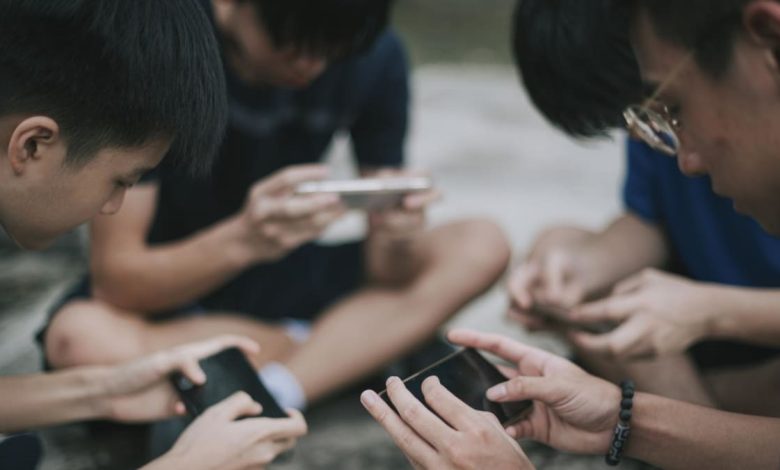In Indonesia’s Surabaya, some 3,000 children, adolescents treated for mobile gadgets, online gaming addiction

Meanwhile, a survey published by the Indonesian Internet Service Providers Association in February found that of the 78.19 per cent of internet user population in the country, 34.4 per cent of them were those who are Gen Z. Gen Z are those who were born between 1997 and 2012.
Compared to other generations, Gen Z form the largest percentage of internet users in Indonesia, the survey found, Kompas had reported.
Previously, data from the Central Statistics Agency (BPS) in 2022 showed that 33.44 per cent of young children aged six and below in Indonesia used mobile phones or wireless gadgets while 24.96 per cent of those in that age group had access to the internet.
Dr Ivana – the psychiatrist – said gadget addiction can cause deviant behaviours in young people such as emotional disturbances, impulsiveness, and aggression.
Local news outlet Jatim Post in May reported on a case in East Java’s Jember, where a pair of siblings aged 17 and 19 were addicted to online gaming, only leaving their rooms to eat and shower.
The situation escalated when their mother realised that her children no longer recognised her or their father. The siblings were then rushed to the hospital for conditions related to excessive mobile phone use and had to undergo psychiatric treatment to address their depression.
Separately in June, a 17-year-old teenager in Blitar, East Java died by suicide after his parents confiscated the mobile phone that he uses to play online games.
Last year, Indonesian Child Protection Commission (KPAI) Commissioner Retno Listyarti said that mobile phone addiction among young people is occurring in many parts of the country. In Jakarta as well as West Java, psychiatric hospitals have had to open paediatric wards for the first time to treat children with mental disorders linked to gadget addiction.
Mdm Retno said that children should be playing and socialising more, but the long COVID-19 pandemic previously meant that more were staying at home and only making friends through the use of the mobile gadgets.
Meanwhile, the Ministry of Women’s Empowerment and Child Protection said the government is currently finalising a Presidential Regulation on the protection of children from online games, which is expected to be issued later this year.
Mr Nahar, who is Deputy Minister for Child Protection at the ministry, said in April that the presidential regulation would be issued to respond to the rise of crimes such as violence, pornography, sexual harassment and bullying committed by children due to the influence of online games.





